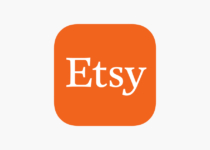Top Intuit Competitors In 2023
Intuit is an American business and financial software company that specializes in developing and marketing financial, accounting, tax management software and other related technologies. The American company was founded in 1983 by Scott Cook and Tom Proulx with the dream to replace pen and paper accounting with digital or computer storage. As of 2019, Intuit generated over US$6.7 billion in total revenue, thanks to their 9,400 employees and multiple software programs like TurboTax and Quickbooks.
| NAME | Intuit |
| FOUNDED | 1983 |
| HEADQUARTERS | Mountain View, California, U.S. |
| SIC CODE | 7374 |
| STATUS | Public |
| INDUSTRY SECTOR | Enterprise Software |
| EMPLOYEES | 9,400 |
| TRADING SYMBOL | INTU |
Intuit similar companies:
Xero, Sage, Wave, Kashoo, Odoo, Zoho, FreshBooks, TaxACT, Credit Karma, and H&R Blocks.
How the company makes money
The American company has become a staple in the accounting industry, not just because it was one of the very first accounting software service providers but also due to the fact that their applications are just incredibly well-made. TurboTax and Quickbooks, two of their most famous accounting programs are some of the best ones in the business. Throughout the years the company has been able to adapt and keep their program performing great, never being the victim of becoming obsolete.
Software Industry
The software industry is composed of a lot of business sectors but generally comprises everything that is coded into software. This includes programs, applications, interfaces, operating systems, and more. The global technology industry is reportedly expected to reach over US$5 trillion this 2020.
Intuit has been one of the earliest applications and companies that solved an accounting problem by creating accounting applications. Moving logs from paper to digital medias and computers helped a lot of companies transition to more effective accounting, which in turn brought the success of Intuit in large amounts.
Xero
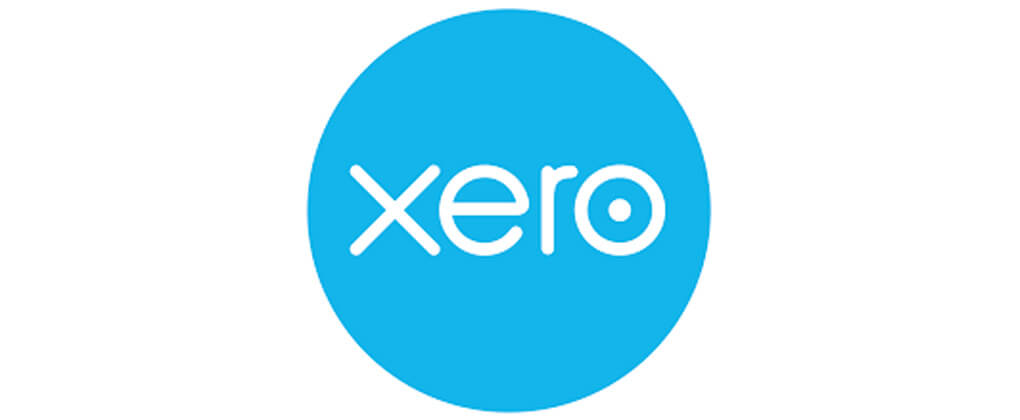
Xero is a technology company that offers accounting software for small to medium-sized organizations. Founded in 2006 by Rod Drury and Hamish Edwards to update and innovate traditional accounting software, the two co-founders set off to make Xero one of the first cloud-based accounting applications on the market.
Cloud-based accounting was a new concept back then. Because files used to be stored locally in a computer or inside a flash drive, sending your files into the cloud meant uploading your data into Xero’s servers. This meant that you could download, reupload, and sync your current data with your online data without having to worry about local storage.
Ending 2019 with only a bit more than US$500 million in total revenue, it’s clear that Xero doesn’t rake in as much cash as Intuit does. Despite being a great competitor, bigger businesses and companies still use Intuit’s applications because their programs were well designed for larger corporations.
FreshBooks
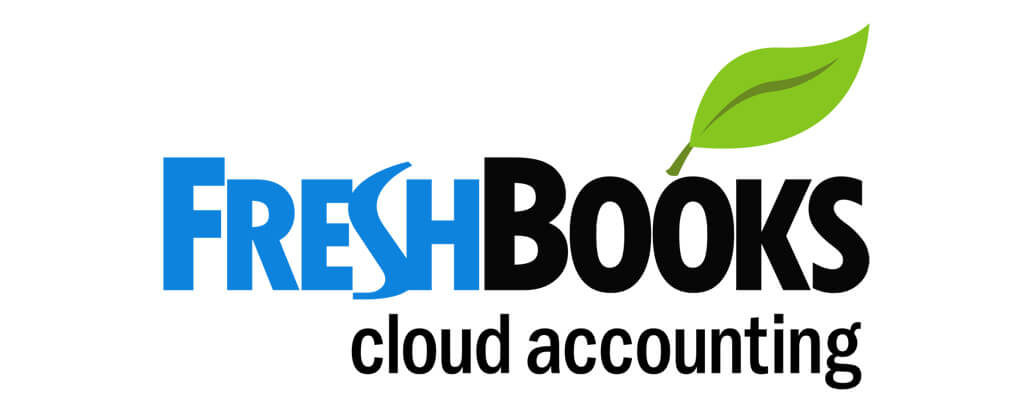
2ndSite is a Canadian company that developed and operated FreshBooks as an accounting software for small and medium-sized businesses. The accounting program is web-based and can be accessed through a variety of browsers like Google Chrome, Brave, Mozilla Firefox, Microsoft Edge, and more.
Founded in 2003, FreshBooks is available in over 12 different languages. The software’s premium features are not free and must be purchased on a subscription-based payment, this is inclusive of features like: invoicing, accounts payable, expense tracking, purchase orders, and other various details.
FreshBooks has the edge on businesses that offer services like freelancers, entrepreneurs and other companies that need to track expenses through simple reports. Intuit’s QuickBooks work better for companies that sell and market products. QuickBooks make scaling their expenses and accounting systems much easier than FreshBooks.
TaxACT
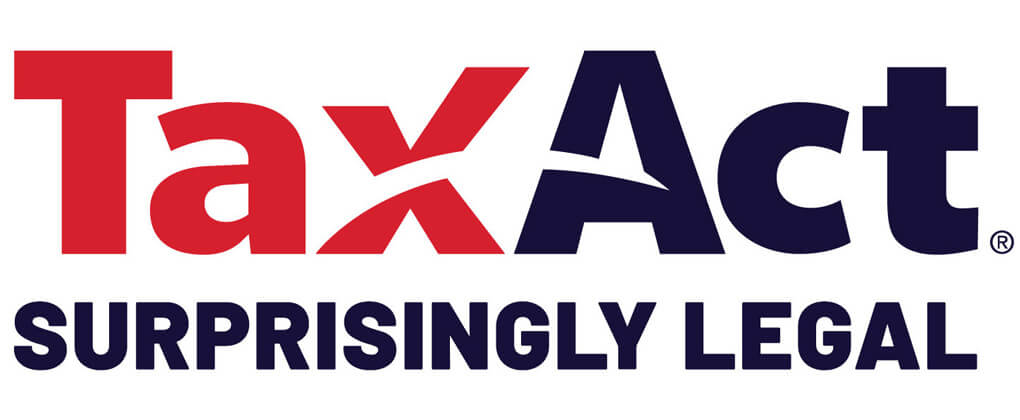
Founded in 1998, more than 20 years ago, TaxACT Holdings was established in Iowa, America as a software company for individual tax registers, business firms and other accounting necessities. Lance Dunn founded the company in its earliest stages, and began to recruit co-founders Cammie Greif, Jerry Mcconnel, and Alan Sperfslage.
The software can be accessed through web-based logging, by their dedicated application TaxACT Desktop, or through their mobile application TaxACT Express. TaxACT was crowned by Business Insider for being “The best tax software for independent contractors” in 2018. The accounting software company employed over 200 employees in the following year.
Most users’ general consensus is that TaxACT is a great choice regardless of the tax situation, or even preferably for complicated taxes, but only if you understand how taxes are processed together with their respective forms. TurboTax, one of Intuit’s applications, is more expensive but can help guide you with multiple schedules and getting better refunds.
Credit Karma
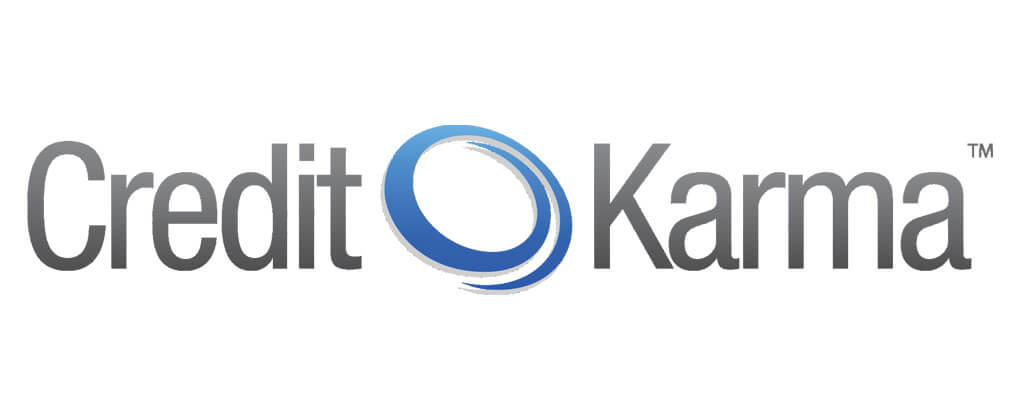
Credit Karma is an American multinational company that offers products and services for personal finance. Founded in 2007 by Kenneth Lin, Ryan Graciano and Nichole Mustard to cater to servicing more singular and individual clients, Credit Karma is one of the best free financial management platforms.
Free things are definitely one of the best price tags in the world. Credit Karma is a free consumer service that has paid bills for its availability, generating nearly US$1 billion in total revenue as of 2019. The free software has been able to maintain their approach to consumers by earning money through advertising revenue.
Both companies are on the opposite spectrums, with Credit Karma being free to use and Intuit’s programs costing through subscriptions. Credit Karma is definitely one of Intuit’s biggest competitors, however instead of lowering the costs of their services Intuit has decided to try and acquire Credit Karma for over US$7 billion in early 2020.
H&R Blocks
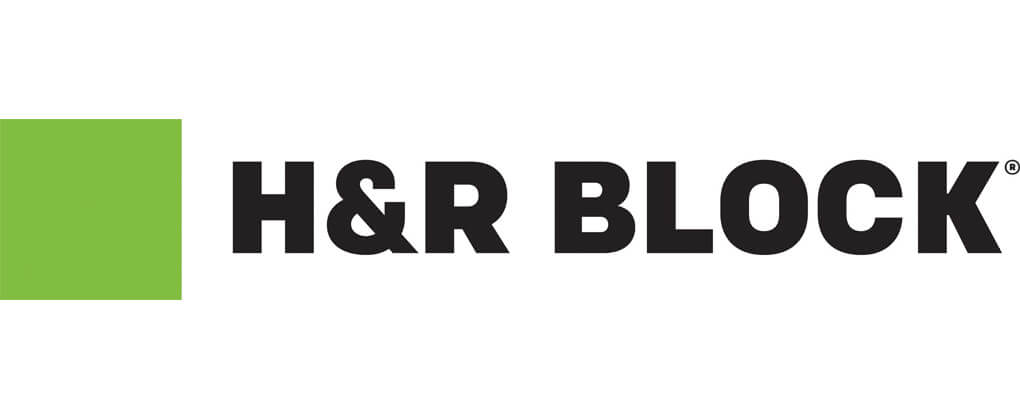
One of the oldest tax companies in the United States, H&R Block was founded in 1955 by brothers Henry W. Bloch and Richard Bloch. After World War II the two brothers established a small bookkeeping business which kept track of the taxes and expenses of their clients and company clients.
Sticking to more traditional themes, H&R Blocks offers personal retail services and has over 12,000 functioning physical locations worldwide. The American company generated over US$3 billion in total revenue as of 2019 and in the same year has employed over 100,000 employees both full-time and seasonal.
H&R Blocks are a great example of what tax services were like before the digital age, since then Intuit has gone through great lengths to lead online tax and accounting programs. H&R Blocks has been offering software products in the market, but with only little traction. So far Intuit seems to be the leading accounting company among the two.
Conclusion
The top 5 Intuit direct competitors are: Xero, FreshBooks, TaxACT, Credit Karma, and H&R Blocks. Together these companies employ 105 thousand people worldwide, with Intuit employing only 9 thousand people and ranking 1st among Intuit’s Top 5 competitors in total revenue. The top 5 competitors average about 21 thousand employees.
COMPETITORS STATS
| NAME | FOUNDED | HEADQUARTERS | NO. OF EMPLOYEES |
| Xero | 2006 | Wellington, New Zealand | 3,000 |
| FreshBooks | 2002 | Toronto, Canada | 380 |
| TaxACT | 1998 | Cedar Rapids, Iowa, United States | 120 |
| Credit Karma | 2007 | San Francisco, California, United States | 1,300 |
| H&R Blocks | 1955 | Kansas City, Missouri, United States | 100,000 |


